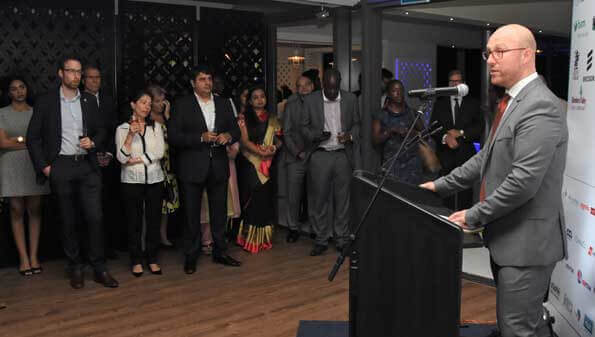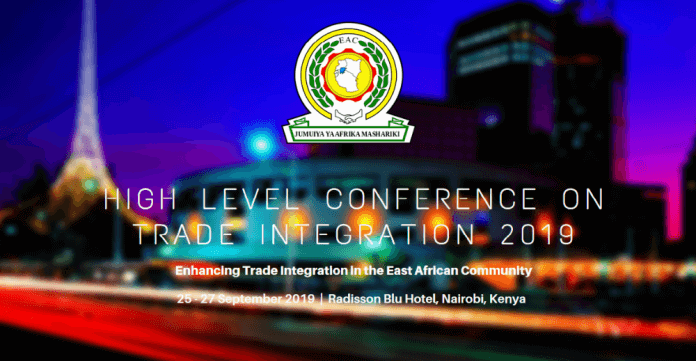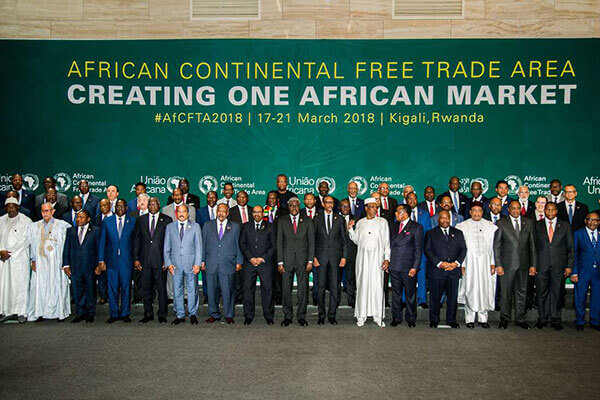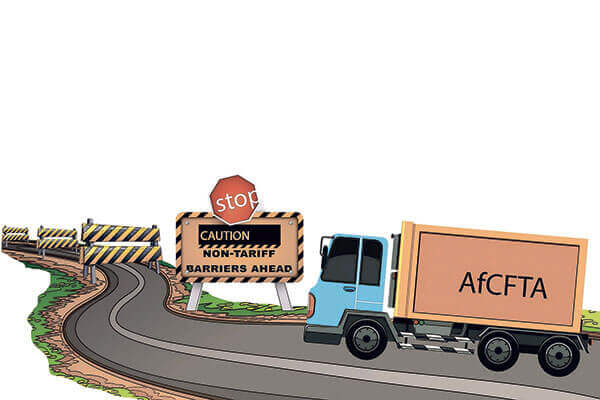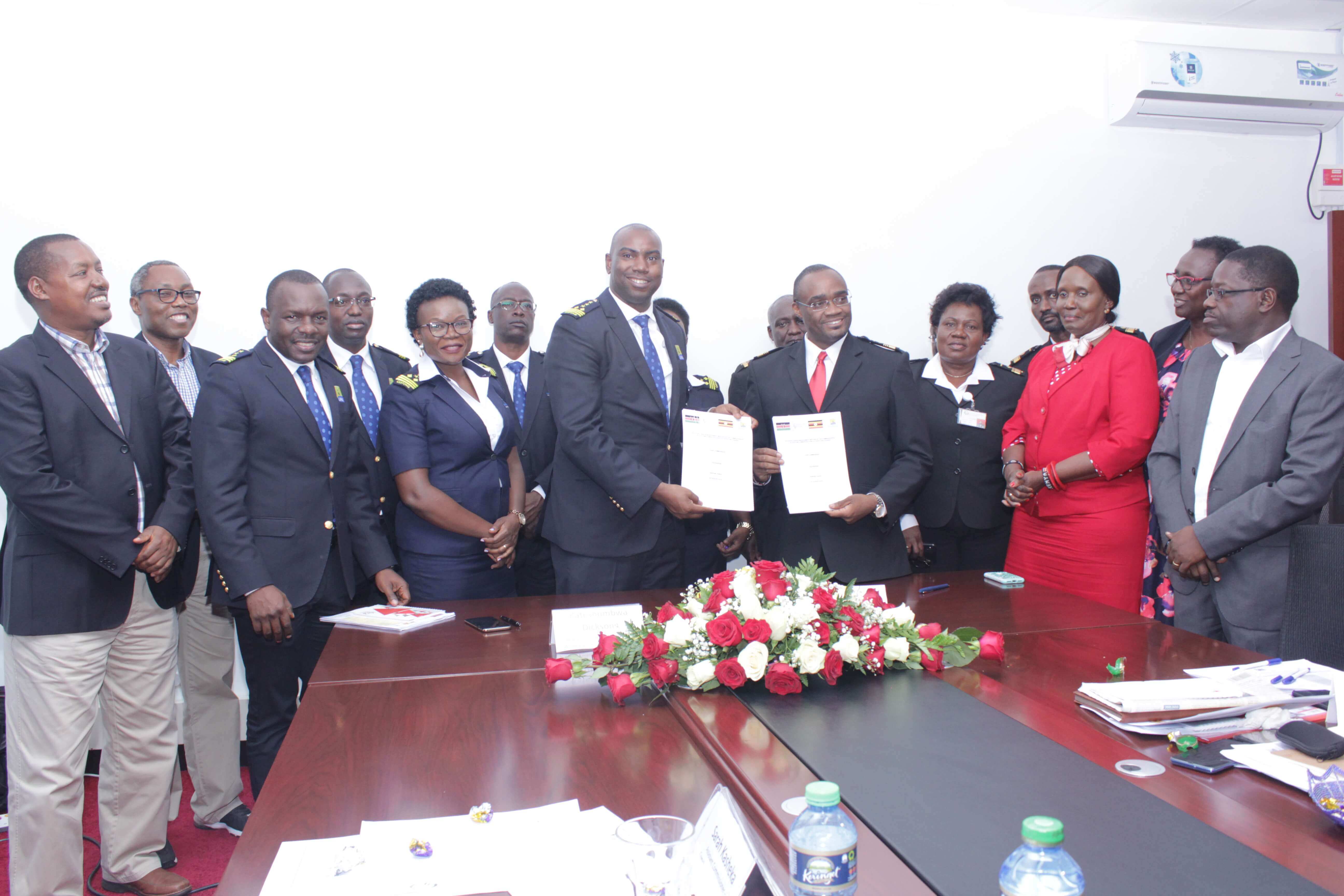Dar es Salaam. Investors from the European Union (EU) on Thursday called on Tanzania to ensure consistency in policies to attract more investments and boost investor confidence. Speaking under their 107-member European Union Business Group (EUBG), they said sudden and frequent changes in taxation or regulatory instruments have had implications on trade and investments in the country. Policy unpredictability leads to divided opinions in boardrooms on whether or not to expand businesses, said EUBG chairman Jesper Sorensen. “An internal survey shows unclear projective trend on whether further investments were expected from EUBG investors,” noted Mr Sorensen during the cocktail party at a city hotel. In a swift rejoinder, Tanzania National Business Council business environment analyst Kais Kabenga said changes in policies, laws and regulations were pressed by the government’s need to improve investment climate. “If there are serious concerns that require some changes in laws, policies or regulations, the government cannot remain quite,” noted Mr Kabenga. “The government has good intentions. However, the important issue here is consultation with members of the private sector,” he argued. “Policy predictability will increase European Union investors’ confidence as they get assured about their investment returns,” he noted. Historically, Europe and Tanzania have had a strong economic ties in investment and trade. Quoting the 2016 International Monetary Fund (IMF) and Eurostat statistics, Mr Sorensen said the trade volume between the EU as a bloc and Tanzania stood at €1.3 billion (about Sh3.2 trillion). However, he was not in a position to give the breakdown...
European Union investors push for policy stability
Posted on: October 3, 2019
Posted on: October 3, 2019

